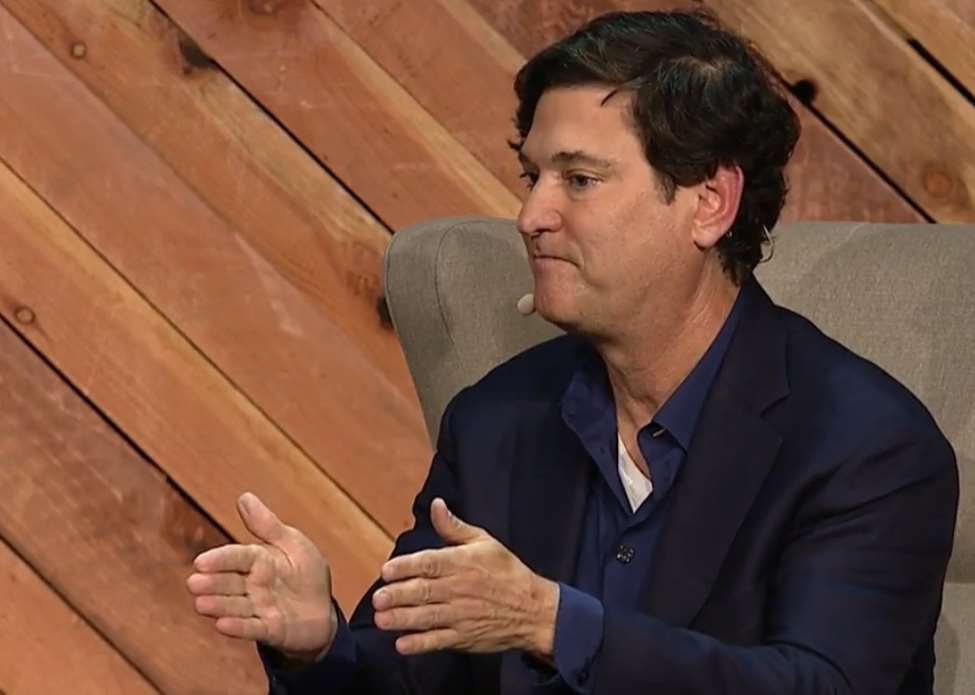Countries like Australia have long been worried about the effects of so-called ‘brain drains’ where top talent is physically poached by centres of innovation (and money) like Silicon Valley.
But there’s a new type of brain drain – a virtual one – and it’s happening largely by stealth.
It’s something Jim Breyer, CEO and founder of venture capital firm Breyer Capital, is increasingly coming up against as he seeks to attract senior talent to the start-ups he invests in.
Speaking at the Dreamforce 15 conference in San Francisco, Breyer revealed the biggest competition for talent in the Bay Area right now is coming from China’s internet giants – the likes of Baidu, Alibaba and Tencent.
“When I’m trying to recruit great data analytics engineers, product people and user interface designers - and for the companies I’m invested in or trying to help, a third of my time is spent trying to convince senior people to join the companies - so often today if it’s a great Stanford artificial intelligence team of three, they’re thinking about Facebook, Google, Amazon and start-ups, but Tencent, Baidu and Alibaba are right in the mix of that intense recruiting,” Breyer said.
“And in many cases, the Chinese internet companies are paying 5X in terms of compensation – cash plus stock – than the best of the US internet companies are paying.”
Another interesting thing is that this brain drain to China is entirely virtual: the Chinese companies are happy to let talent stay in California rather than work from corporate headquarters.
“Last week [alone] there were three examples of exactly that, where the recruiting challenge is superior, early-stage and late-stage US internet companies in the Bay Area, and the competition for the talent were two of the Chinese internet companies,” Breyer said
“In the last week in one case I lost out to a very good Chinese internet company.
“And that’s the battle – how to convince the very best talent [to work for US firms].”
Breyer noted that those seeking top Silicon Valley talent weren’t “copycats”.
“They’re just darn innovative, there’s just breathless energy and talent [in China],” he said.
However, he still saw a risk of copycat behaviour from China, and tried to ameliorate some of that risk for start-ups he invested in by trying to dissuade them from announcing the funding rounds.
“I advise many of the companies I invest in, ‘Do not do a press release around a financing. Stay in stealth mode’,” he said.
“The moment those press releases are issued you can bet there’s a team at one of the great Chinese internet companies that is thinking, ‘That looks like an interesting company, it raised money from well-known venture capitalists. Let’s put a team of 10 against that product idea and let’s see how quickly we can develop it’.”
Disclosure: Ry Crozier travelled to Dreamforce 15 in San Francisco as a guest of Salesforce.










